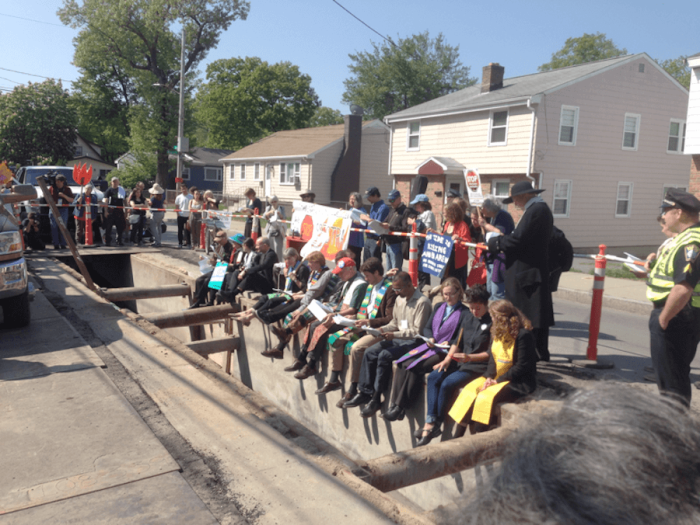Black History Month should by no means be the only time we reflect on racism — both how far we’ve come and how much more progress needs to happen— but several new book releases are giving us an extra reason to be mindful. Here, we highlight three that are sparking important conversations about race in America. Related: A conversation about Trayvon Martin, #BlackLivesMatter and ‘Deadly Injustice’ “Blackballed” by Lawrence Ross As news headlines continue to remind us, there is a race war on college campuses across America today. “Blackballed” (out Feb. 2) exposes how fraternities and sororities at predominately white colleges and universities are still blatantly racist, both on personal levels and an institutional level. This is a hard book to read, but awareness is the first step toward long-lasting change. Related: Books for your feminist book club “Hannah Mary Tabbs and the Disembodied Torso” by Kali Nicole Gross The first chapter in this new non-fiction release (out Feb. 3) starts with a man coming across a bundle with a tag that reads, “handle with care.” And inside that bundle is a dead body. Using this 1887 murder of a mixed race victim as a starting point, Kali Nicole Gross explores America’s complicated history with race, sex and violence. Gross meticulously dissected the detective and trial notes to recount the story of a love triangle gone terribly wrong, with race and the aftermath of slavery playing a central role. “Our Auntie Rosa” by Sheila McCauley Keys Most people know the story of Rosa Parks, who courageously took a stand, refusing to sit in the regulated back of the bus section for blacks at a time when the country was legally and wrongly segregated. But for the first time in “Our Auntie Rosa” (out now), her family shares parts about Parks’ life that have never come to light, such as what her life was like when she and her husband fled the racist south for Detroit in 1957. Also included in “Dear Auntie Rosa” are photos taken directly from the Parks’ family album. Follow Emily on Twitter: @EmLaurence


















